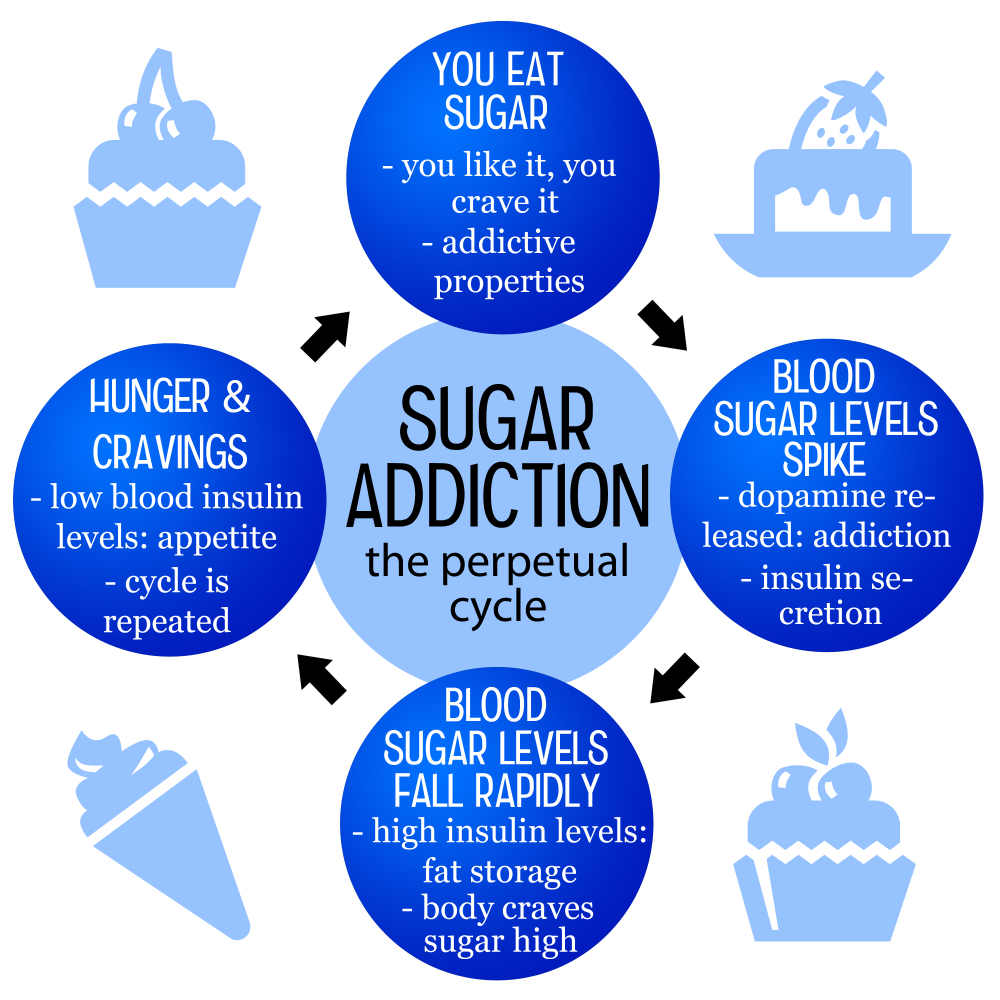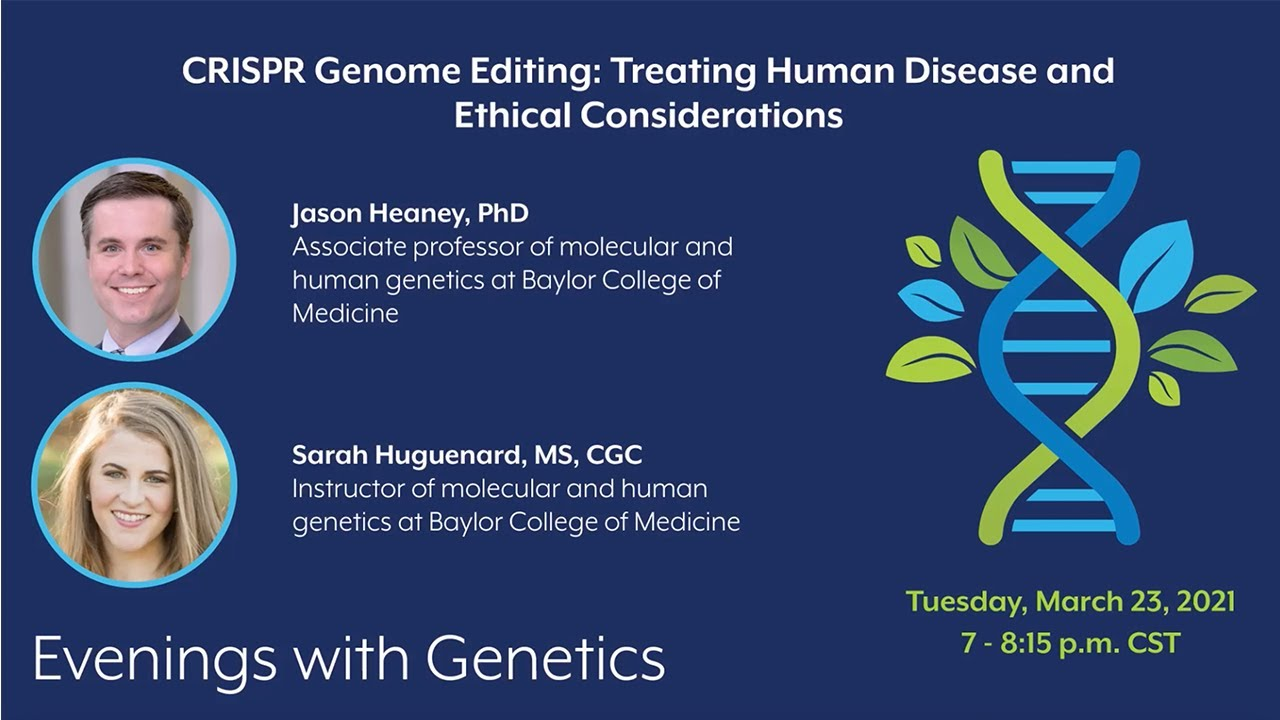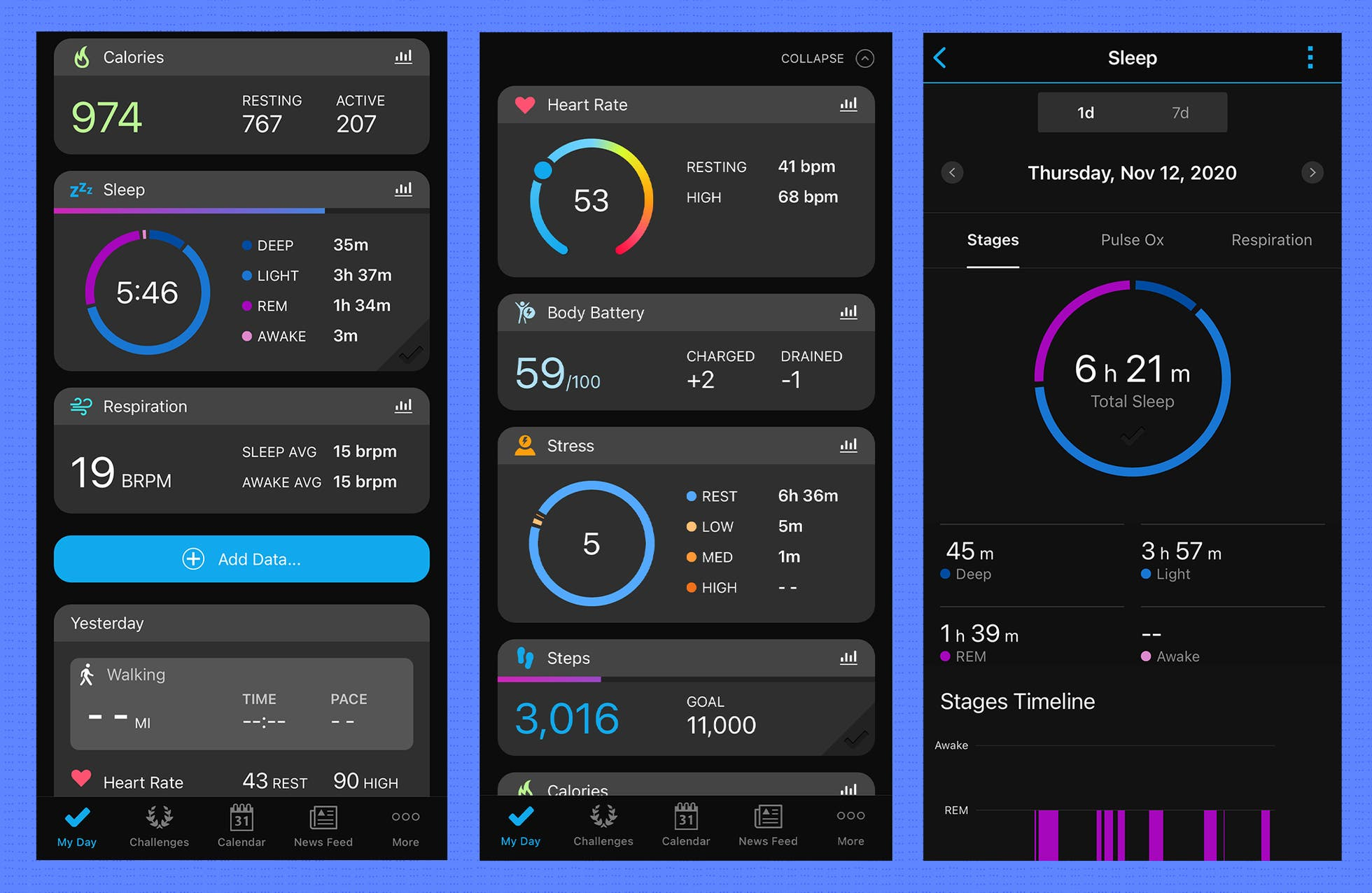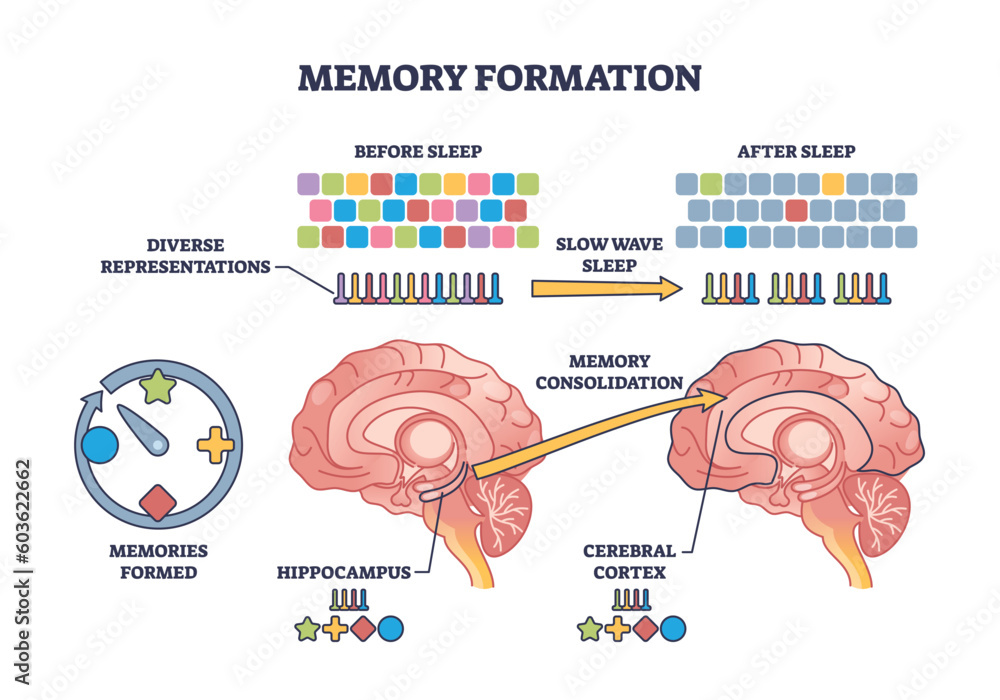
Is Sugar Addictive? Understanding Sweet Cravings and More
Is sugar addictive? This question has sparked plenty of debate among nutritionists and health experts, particularly as concerns about sugar cravings grow in a society increasingly reliant on processed foods. While sugar does not meet the strict clinical criteria for an addictive substance like alcohol or nicotine, its impact on our eating behaviors can’t be overlooked. The prevalence of added sugar intake in our diets—from sugary beverages to snacks—fuels our cravings and contributes to unhealthy patterns, which can mimic addiction. Understanding the complex relationship between sugar and health is essential for making informed dietary choices and managing our cravings effectively.
The notion of sugar as a compulsive substance raises a myriad of inquiries about our relationship with sweetness and cravings. When we discuss sugar dependency, we often think about how certain foods with added sugar might hijack our natural reward systems, similar to more notorious addictive behaviors. These enticing flavors found in many processed foods can trigger repeated consumption, leading to unwanted habits and behaviors associated with unhealthy eating. As we navigate through a landscape filled with high-sugar products, it’s crucial to explore how such consumption not only affects our health but also how we can moderate our intake to maintain a healthier diet.
Understanding Sugar Cravings
Sugar cravings are a common experience for many individuals, often triggered by taste, texture, and the immediate energy boost that sugary foods provide. These cravings can intensify, especially when consuming processed foods, which are rich in added sugars. When the body becomes accustomed to the quick satisfaction that sugary snacks deliver, it creates a pattern of dependence, leading to a tug-of-war between desire and reason. Moreover, the palatability of these foods, combined with their easy accessibility, makes it difficult to resist indulging in them, resulting in an increased intake that can be detrimental to one’s health.
The psychology behind sugar cravings is complex, as it involves both biochemical processes and emotional responses. Consuming sugar releases dopamine, giving a feeling of pleasure that can mimic addictive behaviors seen with substances like nicotine or alcohol. Hence, for many, controlling sugar intake can feel like battling an addiction. Gradually reducing added sugar intake is a practical approach for managing these cravings, allowing the body to adjust and minimizing withdrawal-like symptoms such as headaches or mood swings.
Frequently Asked Questions
Is sugar addictive like other substances?
While sugar has been shown to increase cravings and compulsive eating behaviors, it isn’t classified as an addictive substance like alcohol, nicotine, or opiates. Although some individuals may experience withdrawal-like symptoms from sugar, it is crucial to distinguish between necessary dietary components and true addictive substances.
What causes sugar cravings and how do they relate to addiction?
Sugar cravings can arise from the consumption of ultra-processed foods high in added sugar, unhealthy fats, and sodium. These cravings can lead to habitual consumption similar to addictive behaviors. However, while sugar may have addictive qualities, it does not meet the clinical criteria of addiction seen with substances like alcohol or nicotine.
How does added sugar intake impact our health?
Excessive added sugar intake, averaging about 20 teaspoons per day in the U.S., can lead to various health issues. The American Heart Association recommends limiting sugar to 9 teaspoons for men and 6 for women to maintain better health. Awareness of sugar content in processed foods is vital.
Can reducing sugar consumption lead to withdrawal symptoms?
When individuals suddenly stop consuming high amounts of added sugar, they may experience withdrawal-like symptoms such as headaches, dizziness, and anxiety. Gradually reducing added sugar intake can help mitigate these symptoms while still allowing for some sugar in the diet.
Is it possible to eliminate sugar completely from our diet?
It is impractical to eliminate sugar entirely, as it is naturally present in many foods like fruits, vegetables, and dairy products. Instead of complete elimination, it is healthier to moderate your added sugar intake for better overall health.
How can I manage my sugar cravings effectively?
To manage sugar cravings, focus on gradually reducing added sugar intake rather than going cold turkey. Eating balanced meals with whole foods can enhance satiety and reduce the urge for sugary snacks. Reading labels and being mindful of added sugar in processed foods is also beneficial.
What role does sugar play in food enjoyment and health?
Sugar can enhance the flavor and texture of foods, providing enjoyment and pleasure. A moderate amount of sugar is beneficial within a balanced diet, while excessive sugar consumption can lead to health consequences.
Are processed foods more addictive due to their sugar content?
Processed foods are often high in added sugar, which can make them more palatable and increase cravings. This can lead to habitual consumption patterns that resemble those seen with addictive substances.
| Key Point | Details |
|---|---|
| Cravings for Sugar | Real cravings exist for sugar; however, they are not as severe as for addictive substances. |
| Sugar vs. Addictive Substances | Sugar is not classified clinically as addictive, unlike alcohol and nicotine, despite cravings and withdrawal-like symptoms. |
| Health Impact | Moderate sugar intake can be part of a healthy diet, but excessive consumption (20 teaspoons/day) can lead to health issues. |
| Recommended Sugar Intake | Recommendations are 9 teaspoons for men, 6 for women, and less for children. |
| Gradual Reduction | Reducing added sugar gradually is advisable instead of going cold turkey to avoid backfiring. |
| Importance of Sugar | Sugar adds sweetness, flavor, and texture to foods, which contributes positively to our diets. |
Summary
Is sugar addictive? This question provokes intense debate among health experts. While sugar shares some characteristics with addictive substances, it does not meet the clinical definitions for addiction. Moderate consumption of sugar is necessary for flavor and pleasure in foods, making it an essential part of our diet rather than a harmful substance to eliminate completely. However, awareness of added sugar intake is crucial for maintaining health, as excessive consumption can lead to serious health issues.


